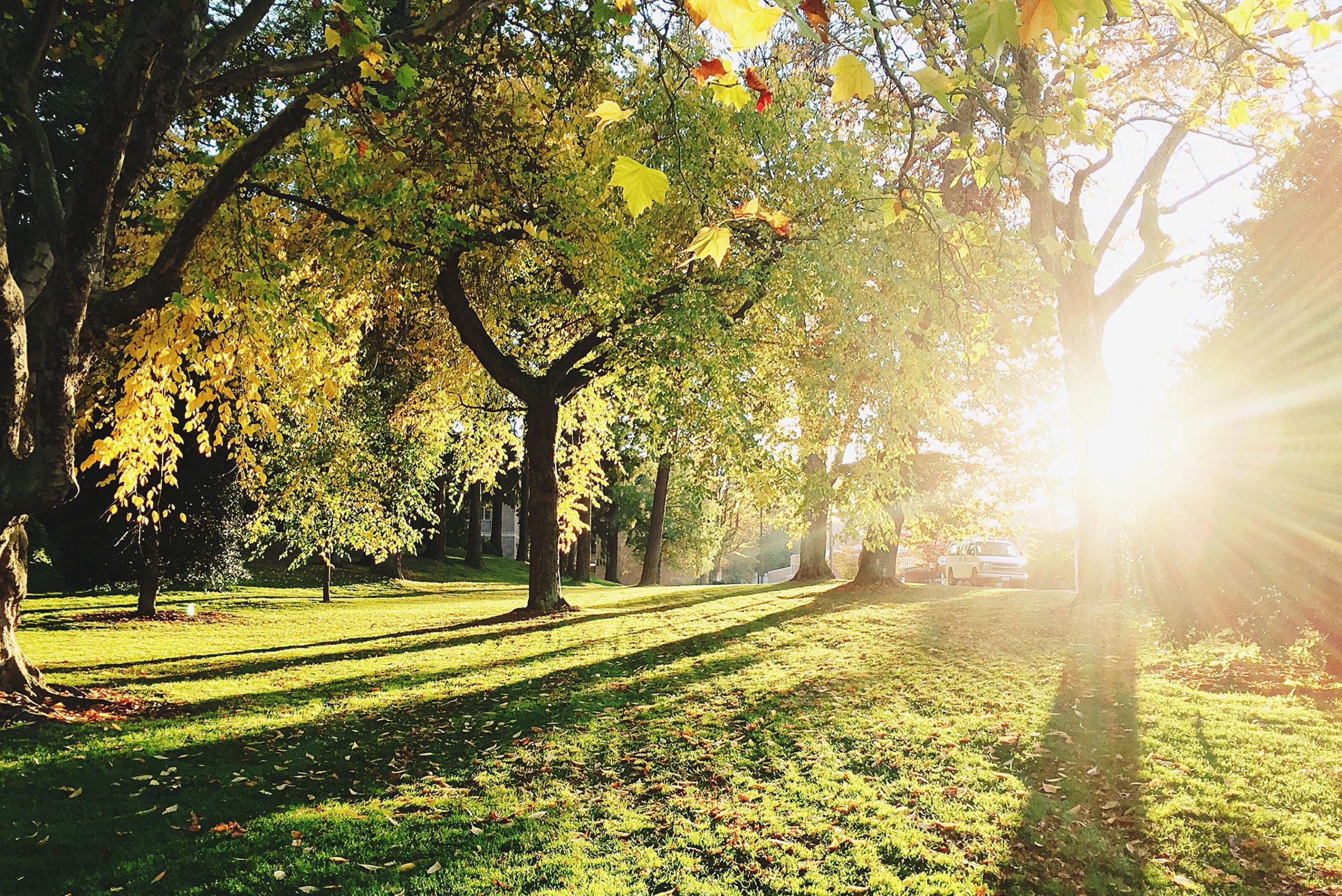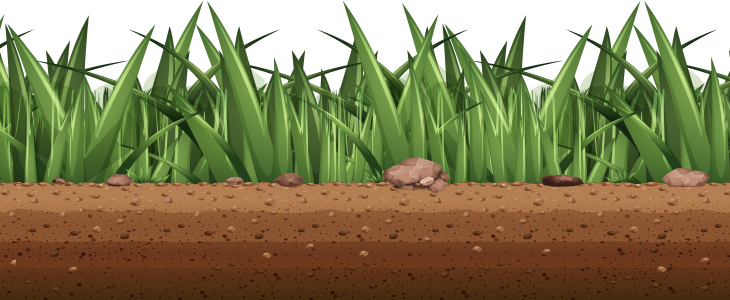
Newsletter
Join to be alerted when we post some awesome food forests

Food Forest Is The Future
What is a food forest?
A food forest is a type of permaculture design that is modeled after the structure and relationships found in a natural forest ecosystem.
It is a planted area that is designed to produce a diverse range of edible and useful plants, with the goal of creating a self-sustaining and self-maintaining ecosystem.
In a food forest, trees, shrubs, and other plants are chosen for their ability to grow well together and support each other's growth.
For example, nitrogen-fixing trees and legumes like Lupins can help to improve soil fertility, while understory plants can provide ground cover and habitat for beneficial insects.
Food forests can be created on a small scale in a backyard or community garden, or on a larger scale as part of a farm or other land management project.
They can provide a source of fresh, healthy food for the people who manage them, as well as habitat and resources for wildlife.
Some people even include animals like chickens or bees in their food forests as a way to further increase the diversity and productivity of the system.
Let’s Get Started
Your perfect retreat awaits.
Let’s get the ball rolling on your new Humic food forest or backyard garden.
Backyard gardening can be a valuable activity as it can provide a source of fresh, nutrient-rich food in the event of a disaster or other emergency.
Gardening can also be a relaxing and rewarding hobby that can help to reduce stress and improve mental health. When starting a backyard garden, it’s important to choose the right location and to prepare the soil properly.
This may involve adding organic matter, such as compost or humic acid, to improve soil structure and fertility.
It’s also important to choose the right plants for your location, taking into account factors such as sunlight, soil type, and water availability. Some good options for backyard gardens may include vegetables, herbs, and fruit trees, as well as other plants that can provide additional benefits, such as bees for pollination or medicinal herbs.
Backyard gardening can be a valuable activity and can provide a source of fresh, healthy food.
